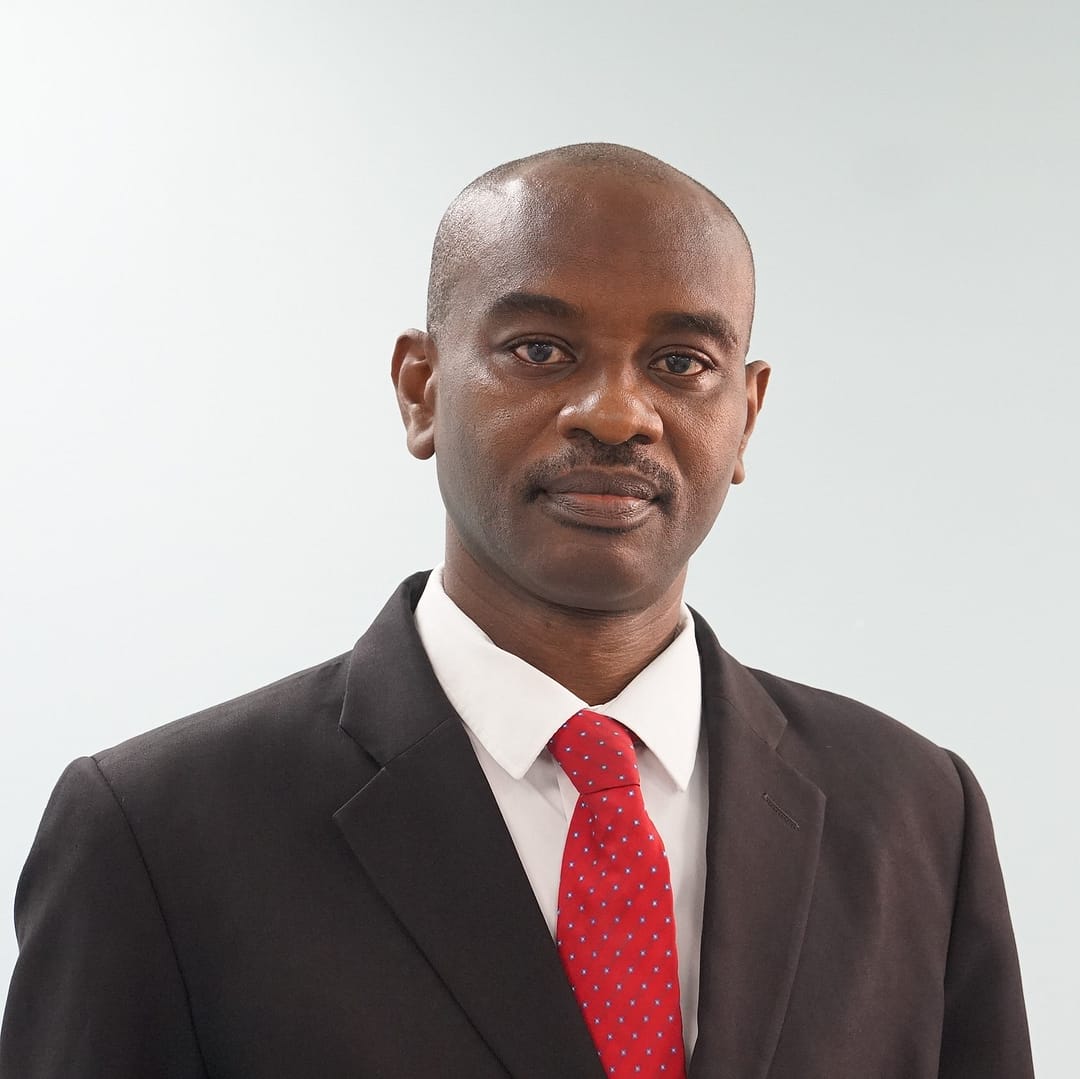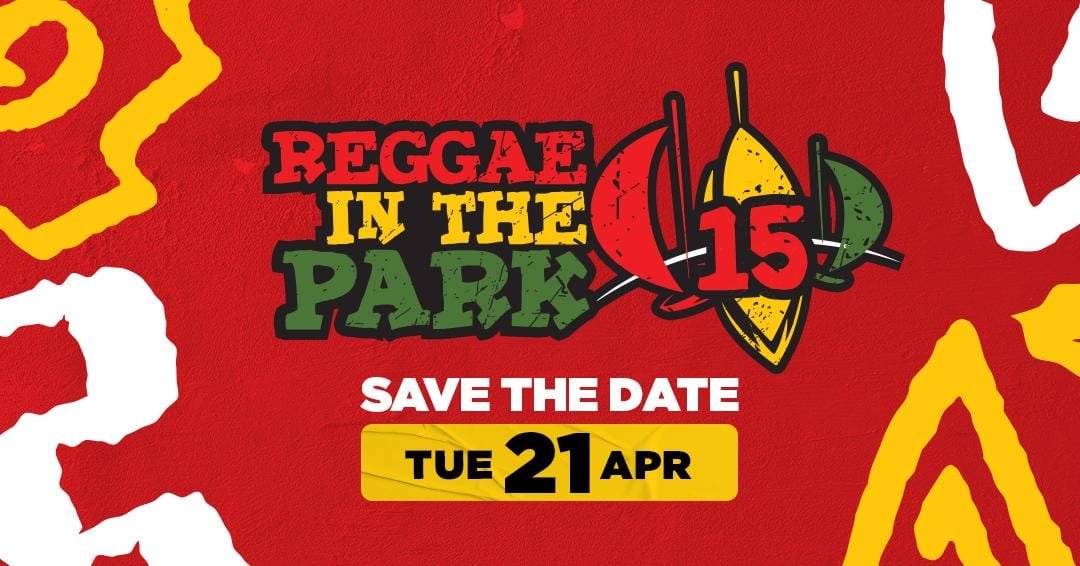
By Professor C. Justin Robinson
Pro Vice-Chancellor and Principal, The UWI Five Islands Campus
For decades, the IMF and World Bank advised, some say forced, Caribbean nations to privatize essential services. Now Washington is doing the opposite—does that change everything? When the United States government took a 10% stake in Intel this August—followed by equity positions in four other strategic companies—it wasn’t just another policy shift. It was the unmasking of one of international development’s most enduring deceptions: that free-market fundamentalism was ever about sound economics rather than geopolitical power. Caribbean nations watching this transformation have every right to feel vindicated—and furious.
The Double Standard Exposed
As of October 2025, the U.S. government now holds:

- 10% of Intel ($8.9 billion)
- 15% of MP Materials ($400 million)
- Dual 5% stakes in Lithium Americas
- 10% of Trilogy Metals ($35.6 million)
- A “golden share” giving President Trump veto power over U.S. Steel’s major decisions
Additionally, NVIDIA and AMD pay Washington 15% of their China chip revenues—what Commerce Secretary Howard Lutnick openly calls “rent.” National Economic Council Director Kevin Hassett described this as “a down payment on a sovereign wealth fund,” promising “many more cases.” This is precisely the state capitalism model Washington condemned for decades when practiced by China. When Chinese state-owned enterprises received government support, U.S. officials called it “unfair advantages” and “predatory financing.” But when America does it? It’s “industrial policy.” It’s “national security.”
The Caribbean’s Forced Experiment
The contrast with Caribbean experiences couldn’t be starker. Throughout the 1980s and 1990s, the IMF and World Bank made privatization a prerequisite for development assistance. By 2001, over 80% of World Bank water loans required cost recovery measures; 40% explicitly mandated privatization. Jamaica’s trajectory tells the story. After a 1990s financial crisis—partly caused by earlier IMF-mandated financial deregulation—debt reached 147% of GDP by 2013. Each rescue came with more demands: privatize airports, seaports, water systems. Sell state assets. Gut public services.
England’s experience with Thames Water cruelly exposes the potential costs of privatization. The result? £78 billion paid to overseas shareholders, £60 billion in accumulated debt, record sewage dumping, and now a £3 billion bailout request. Scotland, which resisted privatization, invested 35% more per household with lower bills and better service.

What This Reveals
Three uncomfortable truths emerge:
First, economic prescriptions imposed on developing nations were never about optimal policy. They served market access for Western corporations and geopolitical advantage. When U.S. strategic interests require state intervention—for semiconductors or steel—ideology bends instantly. But vulnerable island nations needing state capacity for water, healthcare, or disaster resilience were told such thinking was backwards.
Second, the double standard is structural, not accidental. The same institutions that forced Jamaica to privatize utilities remain silent as Washington takes equity stakes and exercises government control over private companies.
Third, free-market fundamentalism was always for export, not domestic consumption. As Wall Street Journal economics commentator Greg Ip observed: “Capitalism in America is starting to look like China.”
The Opportunity
This moment offers Caribbean nations and other developing countries crucial opportunities:
Recognize “technical advice” as power politics. When multilateral institutions controlled by wealthy nations prescribe policies they refuse to follow, it’s not economics—it’s colonialism with spreadsheets.
Embrace diverse models. Singapore’s government controls 37% of its stock market. South Korea and Japan developed through state-guided capitalism. Scotland’s public water outperforms England’s privatized system. There is no single path, regardless of what Washington preaches.
Prioritize resilience over ideology. For disaster-prone small islands, the question isn’t whether government should manage essential services—it’s how to structure involvement for maximum accountability and effectiveness. Climate vulnerability demands robust state capacity, not dismantled public sectors.
Build regional solidarity. Caribbean collective voices through CARICOM carry more weight than individual nations negotiating alone.
The fundamental issue isn’t state capitalism versus free markets—both can succeed or fail. What matters is accountability: who controls decisions, in whose interest, and with what consequences for failure? Thames Water’s offshore investors extracted billions while systems crumbled, facing no accountability. That’s the real scandal, whether in privatization or state control.
Reclaiming Policy Space
Washington’s pivot doesn’t automatically change power realities. The institutions dispensing loans with conditions remain controlled by wealthy nations. But intellectual liberation is the first step. Caribbean economists and policymakers should feel freer to now examine what actually works—Singapore’s state guidance, Nordic social welfare, Cuba’s public health achievements despite sanctions—without apologizing. They can ask: What does climate resilience require? What protects against disaster-induced debt spirals? What gives vulnerable nations maximum policy flexibility? The answers won’t fit tidy ideological boxes. That’s precisely the point.
If America can take stakes in strategic companies when it suits national interests, why can’t Caribbean nations maintain public ownership of essential services when it serves their populations. If Washington demands revenue shares from tech giants, why can’t small island states can structure economies to capture more value from tourism and natural resources.
The End of an Era
For decades, the United States positioned itself as the global champion of free markets, transforming lectures into loan conditions through the IMF and World Bank. Caribbean nations privatized assets, liberalized markets, and gutted government capacity—not because evidence suggested these policies would work for small island states facing unique challenges, but because refusing meant losing development finance.
Now the evangelist has abandoned the faith—while maintaining the pulpit. This isn’t just hypocrisy. It’s revelation: economic orthodoxy shifts with political convenience, proving it was never science but ideology serving power. The implications ripple beyond trade policy. When wealthy nations preach principles, they immediately abandon when convenient, developing nations owe it to their citizens to craft policies serving local needs and conditions, not distant geopolitical interests. The era of independent Caribbean economic thinking must have a rebirth—not in defiance of multilateral institutions, but in recognition that their prescriptions were never designed for small island survival.
The choice between state capitalism and free markets is a false binary. What matters is building resilient, accountable systems that work for your people. Washington’s U-turn finally makes that truth undeniable.
Prof. C. Justin Robinson, a Vincentian and UWI graduate, holds a BSc in Management Studies, MSc in Finance and Econometrics, and PhD in Finance. With over 20 years at UWI, he has served in various leadership roles, including Dean and Pro Vice Chancellor, Board for Undergraduate Studies. A Professor of Corporate Finance with extensive research publications, he is actively involved in regional financial institutions and is currently the Principal of The UWI Five Islands Campus in Antigua and Barbuda.
Advertise with the mоѕt vіѕіtеd nеwѕ ѕіtе іn Antigua!
We offer fully customizable and flexible digital marketing packages.
Contact us at [email protected]















Get rid of digicel and Lime in Antigua. They are spies and parasites.
The free market is an deceitful name for the ideology when there is all sorts of regulations and bail out given out in order for it to survive which is why they have the Antitrust law which goal was to prevent monopolies.
US government has always worked with companies favouring some over the others allowing lobbying for polities to benefit profits of it’s top companies which makes it harder for new ones to enter that space or squeeze smaller companies out. Which is why America inequality is at an all time high which the people feel same with Antigua, even in England as a result of Thatcher polities counties have always had a freer market when they had high regulations and policies Pacifically post WWII era. America economical issues today and social wars are from the their losing of regulations also real wages stagnation which didn’t keep up with inflation has a big role puts where America is today and it rubs off on the Caribbean and attitude because you have people in Antigua pirating terms which where made to support their loosening of regulations such as blaming immigrants.
Generally the IMF been a profit making business it’s policies made it clear IMF guts social programs that are key for a countries development and quality of like and they forces you to sell assets which are a monopoly as most times it’s always a foreign “investor” which comes to capitalise on a industry which is a monopoly is most cases such is utilities like highlighted it’s not really hypocrisy it’s just design not only you’re limiting the government revenue to pay back the debt it gives away a company which has no alternative to a private owner which doesn’t even have the cloak of free market and competition. If APUA was sold off there is nothing you can do if you’re unhappy with APUA prices expect to live in the bush like a rasta sure today we having solar being very viable for personal/private use but in the case of Antigua the government is heavily restricting and regulating what can you do and import for your solar system. And in many cases whose are what IMF target in its privatisations even in America majority agree with universal healthcare because there is no alternative for heath and there is no price for life you can slap a price on a life saving surgery and there is no alternative you can do expect just die.
These decision of the US government demanding portions of companies assets are singularly that of the US President, a few of his advisers; and not America suddenly abandonment of free market capitalism.
Donald Trump has bullied billionaires to bow down to him.
He has the most powerful banking executives who would not lend him a penny in the past to meet with him at his club in Florida
He who has the gold makes the rules; like it or not. In this case he who has the power determine the rules.
The professor’s position has limited value other than an academic argument is being made.
The professor as a regional scholar could be more effective in making the case for more efficient government regulation and operations as well as the value of wiping out of corruption in public operations.
The more the Caribbean nations succeed in these areas, they will be less dependent on foreign investment, that requires the dictates of IMF and World Bank.
There is no better place than the academic halls for new ideas and discoveries to come about.
As the Artificial Intelligence race gears up many start up in Silicon Valley LA and New York are promoting hardcore culture as a way of life
Hacker houses where teams gather for 12 hours a day to tease out ideas and write ideas for AI agents.
Young people in Silicon Valley and the Bay Area are working ‘996’ in a fringe culture that were birthed in Big Tech Companies like Amazon and Google. For many ‘996’ is a virtue.
Where are the products being produced that can get VC funding?
Belly aching about the US and the IMF seemingly hypocritical dictates, is not the solution.
Find out more about what is happening in the tech hubs; and prepare the students to create products that can scale as Ai takes hold from Mon Pop business to multinationals.
“developing nations owe it to their citizens to craft policies serving local needs and conditions, not distant geopolitical interests”
Well said.
Now let’s get rid of the cabals and the bureaucratic bureaucracy that that enables them to rummage through the developing countries econony with graft and corruption.
The Caribbean leaders were duped…..
Be happy and own nothing.
Comments are closed.